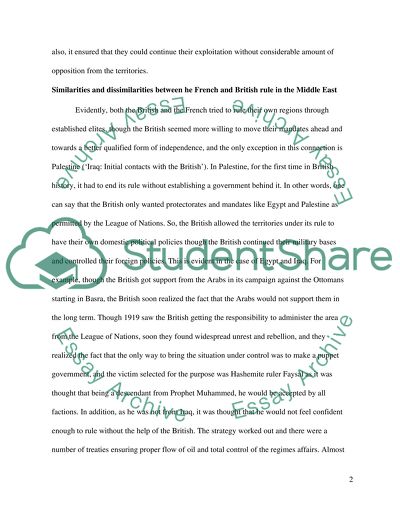Cite this document
(“Compare the Ways the British and French Ruled Their Respective Essay”, n.d.)
Compare the Ways the British and French Ruled Their Respective Essay. Retrieved from https://studentshare.org/history/1433584-compare-the-ways-the-british-and-french-ruled
Compare the Ways the British and French Ruled Their Respective Essay. Retrieved from https://studentshare.org/history/1433584-compare-the-ways-the-british-and-french-ruled
(Compare the Ways the British and French Ruled Their Respective Essay)
Compare the Ways the British and French Ruled Their Respective Essay. https://studentshare.org/history/1433584-compare-the-ways-the-british-and-french-ruled.
Compare the Ways the British and French Ruled Their Respective Essay. https://studentshare.org/history/1433584-compare-the-ways-the-british-and-french-ruled.
“Compare the Ways the British and French Ruled Their Respective Essay”, n.d. https://studentshare.org/history/1433584-compare-the-ways-the-british-and-french-ruled.


